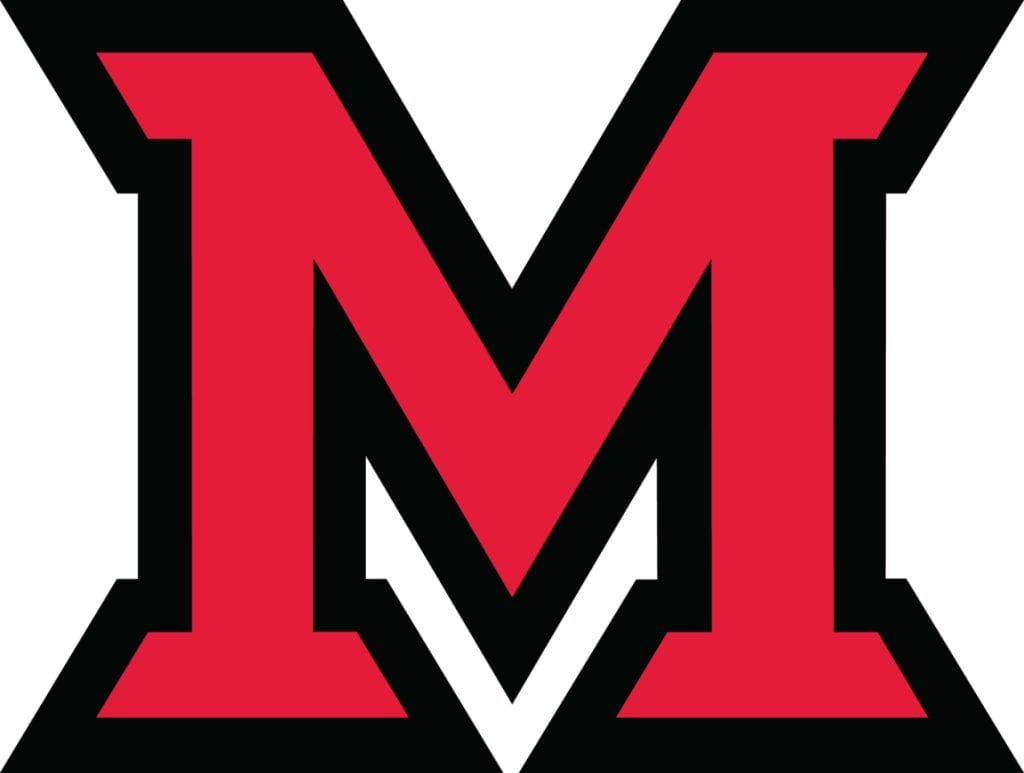Annalese Seabrook has studied kinesiology and sociology at Miami University, and she will graduate this spring to pursue a career in social work. Laken George has studied law, political science and philosophy, and she is considering adding journalism. The common thread through all of those pursuits has been a passion for social justice, and it connected them to Cincinnati Works.
Seabrook and George will complete a three-week experiential learning program on Friday, a brief internship during which they helped lay the foundation of a new community-outreach initiative for the Cincinnati Works Phoenix Program.

Specifically, they researched local outreach efforts, methods and best practices, which our Phoenix Program can use to expand our current engagement efforts around preventing gun violence.
“Depending on how things work out, I’d love to give them the opportunity to continue to develop and implement the plan,” said Leslie Kish, Director of Strategic Partnerships at Cincinnati Works. “They are very bright, ask questions and really care about activating the community.”
Seabrook and George were connected to Cincinnati Works through instructor Mark Curnutte, who teaches social justice classes in Miami’s Department of Sociology and Gerontology. This is the second year Miami has offered the internship during its brief winter term – and the first time the internship has been fully virtual.
While the students missed an opportunity to engage directly with community members, they were able to meet via video chat with multiple members of the Cincinnati Works staff, including Mitch Morris, outreach coordinator for the Phoenix Program and a passionate advocate for reducing gun violence.
“Mitch really stressed how dire the circumstances are, and how it affects so many people,” George said. “If you haven’t been impacted by gun violence directly, you know someone or you know someone who knows someone. It really opened my eyes.”
Both students said the internship gave them a glimpse of how their social justice studies can be applied after college, no matter what careers they ultimately pursue.
“A key component of social justice studies is listening – actually actively listening to people and their stories and where they are coming from,” Seabrook said. “People all bring different anecdotes and experiences. It is amazing, and it can be heart-breaking. Listening is a very important piece.”

